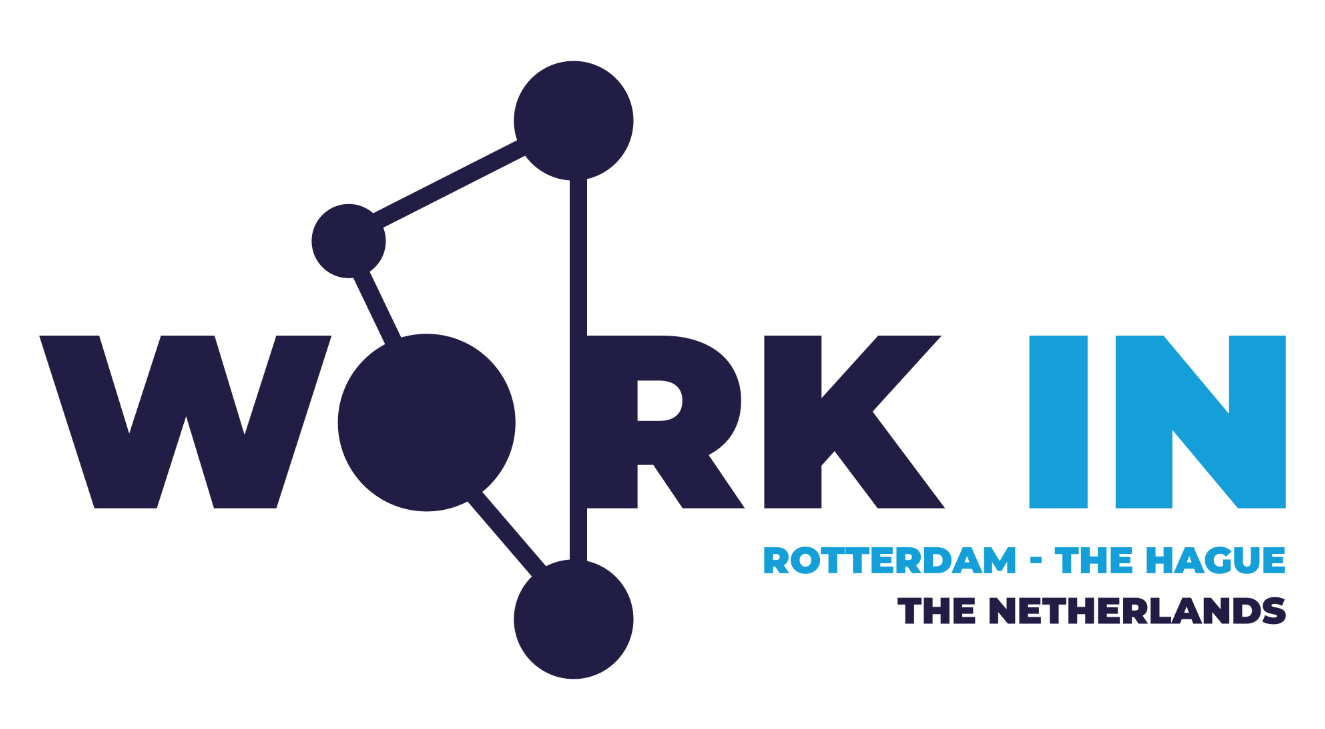PhD Position PV-integrated Bioprocesses for Sustainable Single Cell Protein Production

Delft University of Technology (TU Delft)
Evaluating protein production from phototrophic purple bacteria with PV integrated bioprocesses
Job description
With rise in global population and over 840 million people worldwide projected to be undernourished by the year 2030, there is an urgent need to enhance food production through innovative solutions (RVO, Nederland, 2021). The challenge of sustainably feeding a growing global population is intensified as in many developing countries meeting minimum nutritional requirements for daily protein intake is a struggle. Simultaneously, consumer preferences are gradually shifting away from meat towards plant-based or SCP sources (collectively known as single-cell protein). In this respect, photovoltaic-driven SCP (PV-SCP) systems are identified to be more energy-efficient compared to traditional agriculture.
One promising alternative for food and feed applications is the cultivation of protein-rich microbial biomass from agrifood industrial waste residues. Beyond addressing protein security, single-cell protein production offers significant environmental benefit. Photovoltaic-driven SCP (PV-SCP) systems can be more energy-efficient compared to plant-based photoautotrophic systems, however the solar power-to-food SCP processes have several avenues for further improvement. Purple non-sulphur bacteria (PNSB) offer a compelling alternative using light as energy source. PNSBs are among the most metabolically versatile microorganisms, exhibiting phototrophic, chemotrophic, heterotrophic, and autotrophic growth modes. This metabolic versatility uniquely positions them to produce proteins, polyhydroxyalkanoates (PHAs), carotenoids, and coenzyme Q10 – key ingredients with applications in food and feed industries.
A pertinent challenge for large-scale application of PNSB-based bioprocesses lies in achieving high biomass production. Most studies to date, report dried biomass production at the scale of 0.1 – 1 kg/week; whereas technology readiness levels (TRL) 5–6 require production capacity exceeding 100 kg/week. A key challenge in boosting biomass yields is improving the fraction of photonic energy that can be effectively harnessed by PNSB and forms the basis for the investigation of PV-integrated PNSB bioprocesses. This approach combined with the biomass retention strategies developed within the Environmental Biotechnology section hold potential to address the critical bottleneck of biomass scale-up.
Against this backdrop, this PhD project aims to explore growth conditions that will increase the yield and biomass productivity of open-culture PNSB for nutritional ingredient in food and feed applications. The project aims to evaluate PNSB cultivation strategies using diverse bio-based feedstocks and PV integration for PNSB bioprocesses. The outcomes from this project will provide crucial insight and essential data for techno-economic comparisons with other photoautotrophic systems.
This PhD is part of the Environmental Biotechnology section and the newly established interdisciplinary Climate Safety & Security centre (CaSS) at TU Delft | Campus The Hague. You will be joining an active, inclusive, and inspiring team exploring wastewater treatment processes from diverse perspectives. For the PhD duration, you will be enrolled in the TU Delft Graduate School which provides a Doctoral Education Programme. The CaSS centre runs an ambitious and comprehensive programme that considers climate change and stability in an integrated manner, with focus on human security, security of supply of fundamental needs (water, food) and essential resources (energy, critical materials). The PhD-student will contribute to the flagship water security within CaSS. The successful candidate will work 1 day/week at Campus The Hague and will have the opportunity to collaborate with researchers from across TU Delft, as well as policy makers from (national) governments and (inter)national organisations in The Hague and beyond.
Job requirements
The ideal candidate will have:
- MSc in Chemical/Environmental/Electrical Engineering or Microbiology.
- Demonstrable background and strong interest in reactor processes and biotechnologies.
- Laboratory experience proven by lab courses, internships or previous work experience.
- Scientific attitude and analytical skills combined with a hands-on mentality.
- Independent, self-motivated, curiosity-driven, open to communicate and collaborate with peers and partners.
- Excellent spoken and written English.
and hopefully also some the following 'Nice-to-haves' skills:
- Experience in design and/or operation of lab-scale bio-reactors proven by previous practical or research projects
- Linux, R, Python programming skills
TU Delft (Delft University of Technology)
Delft University of Technology is built on strong foundations. As creators of the world-famous Dutch waterworks and pioneers in biotech, TU Delft is a top international university combining science, engineering and design. It delivers world class results in education, research and innovation to address challenges in the areas of energy, climate, mobility, health and digital society. For generations, our engineers have proven to be entrepreneurial problem-solvers, both in business and in a social context.
At TU Delft we embrace diversity as one of our core values and we actively engage to be a university where you feel at home and can flourish. We value different perspectives and qualities. We believe this makes our work more innovative, the TU Delft community more vibrant and the world more just. Together, we imagine, invent and create solutions using technology to have a positive impact on a global scale. That is why we invite you to apply. Your application will receive fair consideration.
Challenge. Change. Impact!
Faculty Applied Sciences
With more than 1,100 employees, including 150 pioneering principal investigators, as well as a population of about 3,600 passionate students, the Faculty of Applied Sciences is an inspiring scientific ecosystem. Focusing on key enabling technologies, such as quantum- and nanotechnology, photonics, biotechnology, synthetic biology and materials for energy storage and conversion, our faculty aims to provide solutions to important problems of the 21st century. To that end, we educate innovative students in broad Bachelor's and specialist Master's programmes with a strong research component. Our scientists conduct ground-breaking fundamental and applied research in the fields of Life and Health Science & Technology, Nanoscience, Chemical Engineering, Radiation Science & Technology, and Engineering Physics. We are also training the next generation of high school teachers.
Click here to go to the website of the Faculty of Applied Sciences.
Conditions of employment
Doctoral candidates will be offered a 4-year period of employment in principle, but in the form of 2 employment contracts. An initial 1,5 year contract with an official go/no go progress assessment within 15 months. Followed by an additional contract for the remaining 2,5 years assuming everything goes well and performance requirements are met.
Salary and benefits are in accordance with the Collective Labour Agreement for Dutch Universities , increasing from Promovendus gross per month, from the first year to the fourth year based on a fulltime contract (38 hours), plus 8% holiday allowance and an end-of-year bonus of 8.3%.
As a PhD candidate you will be enrolled in the TU Delft Graduate School. The TU Delft Graduate School provides an inspiring research environment with an excellent team of supervisors, academic staff and a mentor. The Doctoral Education Programme is aimed at developing your transferable, discipline-related and research skills.
The TU Delft offers a customisable compensation package, discounts on health insurance, and a monthly work costs contribution. Flexible work schedules can be arranged.
Will you need to relocate to the Netherlands for this job? TU Delft is committed to make your move as smooth as possible! The HR unit, Coming to Delft Service, offers information on their website to help you prepare your relocation. In addition, Coming to Delft Service organises events to help you settle in the Netherlands, and expand your (social) network in Delft. A Dual Career Programme is available, to support your accompanying partner with their job search in the Netherlands.
Additional information
For more information about this vacancy, please contact Samarpita Roy (samarpita.roy@tudelft.nl), Mark van Loosdrecht (m.c.m.vanloosdrecht@tudelft.nl) or Olindo Isabella (o.isabella@tudelft.nl).
Application procedure
Are you interested in this vacancy? Please apply no later than 2 November 2025 via the application button and upload the following documents:
- Your detailed CV (2 pages maximum).
- A motivation letter that briefly answers the questions: Why I am applying? Why I believe I am a good fit to this position? What I want to have achieved at the end of the 4-years contract? How I expect PhD studies will benefit me in my future? (1 page maximum).
The selection of candidates will already start before the application deadline. Pre-selected candidates will be called for an on-line or in-person interview.
Doing a PhD at TU Delft requires English proficiency at a certain level to ensure that the candidate is able to communicate and interact well, participate in English-taught Doctoral Education courses, and write scientific articles and a final thesis. For more details please check the Graduate Schools Admission Requirements.
Please note:
- You can apply online. We will not process applications sent by email and/or post.
- As part of knowledge security, TU Delft conducts a risk assessment during the recruitment of personnel. We do this, among other things, to prevent the unwanted transfer of sensitive knowledge and technology. The assessment is based on information provided by the candidates themselves, such as their motivation letter and CV, and takes place at the final stages of the selection process. When the outcome of the assessment is negative, the candidate will be informed. The processing of personal data in the context of the risk assessment is carried out on the legal basis of the GDPR: performing a public task in the public interest. You can find more information about this assessment on our website about knowledge security.
- Please do not contact us for unsolicited services.

